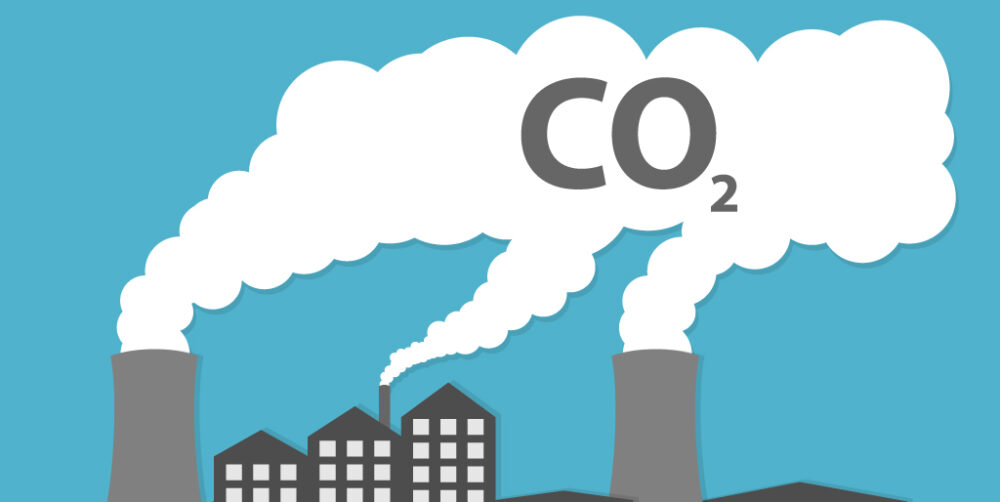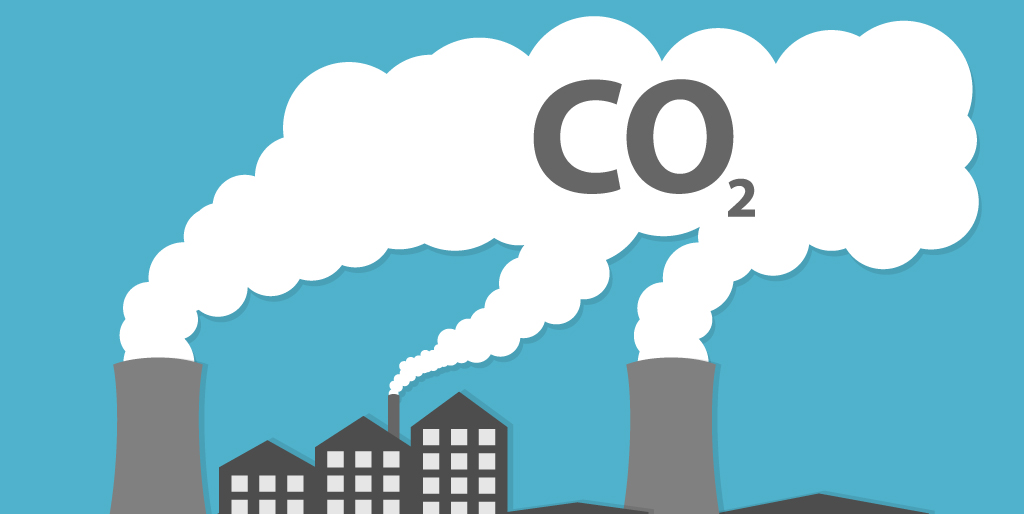BY: Michael Robbins

So far in the presidential race the focus has been on mostly issues surrounding social justice, inequality, and revamping the middle class. Much less has been uttered in terms of climate change policy.
There was a hint of this topic in the first presidential debate, but not nearly enough, where Biden stuttered and mentioned that skyscrapers should be more energy efficient. But that’s just the tip of the iceberg when it comes to actually having a mitigation strategy. Policies are long and detailed. Rhetoric is short and appeals to emotion.
It would be a good time though, to seriously start with the green movement in America. The cost per unit of solar panels produced is now the cheapest in history according to the World Economic Forum (not including shipping costs), and the demand for oil and gas has plummeted due to Covid-19, and isn’t expected to rebound to it’s full potential until 2023. Deloitte recorded that 107,000 jobs were lost in the oil and gas sector between March an August, although it’s still difficult to imagine oil and gas workers suddenly shifting to installing solar panels on peoples houses.
Or is it?
Regardless, such changes in the international quest to become carbon neutral are happening, although outside of America mostly. We’ve seen Germany, Britain, and France be more ambitious in their attempts than ever before and with the advent of Covid-19, some sustainability policies such as closing down streets and eliminating street parking in parts of urban metropolises have become the norm. Britain is also among the very few that have codified the net-zero goal into law.
Obama tried to create some of this momentum— but little actually changed under his watch. Biden, too, has his own Climate Engagement Advisory Council, and although has made ties with environmental activists and befriended Alexandria Ocasio Cortez on Twitter, is also being endorsed by individuals who openly support fracking, a stance in which hardened liberals want divestment from immediately.
So it seems like a disjointed effort if anything. Biden is talking a big game much like Obama did for the face of clean energy while Americans are still being conned into believing their neoliberal environmentalism will take on climate change. It won’t. That is the other worrying aspect. Such changes need to happen at the top of the ladder. Corporatism needs to be taken head on. Even Whole Foods is guilty of promoting an aura of a sustainable American society when in reality transport and logistics usually amounts to around 30 percent of annual GHG emissions.
The myth of being protected in America
What America needs is to get away from the eco-environmental Instagram friendly campaigns that make us feel that consumer decisions are changing the planet. They are on the micro level, but a real policy tactic should be all encompassing and should influence the collective attitude of our country. Americans still operate with this somehow strange belief that just because we are in America, we’re somehow safe from climatic degradation and more dooming wildfires. We’re clearly not.
This year in particular, the nature of climate change has become front and center for those who live in the American West. For the first time in this century, Americans are no longer watching the news coverage of climatic shocks and events in developing countries, such as in small island developing states.
We’re instead witnessing the brute force on our own doorstep. And architects of the 2015 Paris Agreement warned this might happen, where developed advanced economies would be hit badly by climate change.
Is a people-centric climate policy possible?
Simply put, a national mitigation strategy should be a national way of thinking about climate change. Such an action plan would mean greening our cities (a form of carbon sequestration), creating new canopies to protect citizens, and homeless people from extremely hot days in the summer, incentivizing biking to work like they do in the Netherlands, and understanding chronic risk factors to our health in parts of cities that are closer to freeways, as well as have more children than adults.
One of the reasons children in the Bronx suffer disproportionately from respiratory illnesses is because of coal fired peaker plants that kick in when New York City is experiencing a power surge. The plants are old, built in the 1960s, but the private sector throws money at them just so they can stay operative.
Such a methodology of looking at investment from an equity standpoint would do America wonders. Building Tesla charging stations represents a way to take on the idea of climate change, but its not very all encompassing as Musk has not really lowered the price of Tesla’s that much. The very one percent gets to experience and practice sustainability, while others are forced to engage in highly unsustainable supply chains. This includes any restaurant and fast food establishment that perpetuating a reliance on commercial beef.
Such a realization would help move our country past the lip service that even Obama is guilty of, and instead urge people to think about ways the resources can be used more efficiently and more timely.
And as such, there is no real policy for the people at the moment. It doesn’t exist. Not like in other countries where there is a collective agreement that the health of the planet and the outdoors is akin to their own health throughout the working week.
Such a lack of real development in terms of a national climate strategy speaks volumes to the fact that Americans are not united on the issue of climate change, and also see it as an issue where so many are “not ready to let it dictate their lives” because of scarcity itself. That represents a flaw in how people think free markets are actually free. Overall, mitigation is supposed to be a policy that makes ones lives better, not worse.
